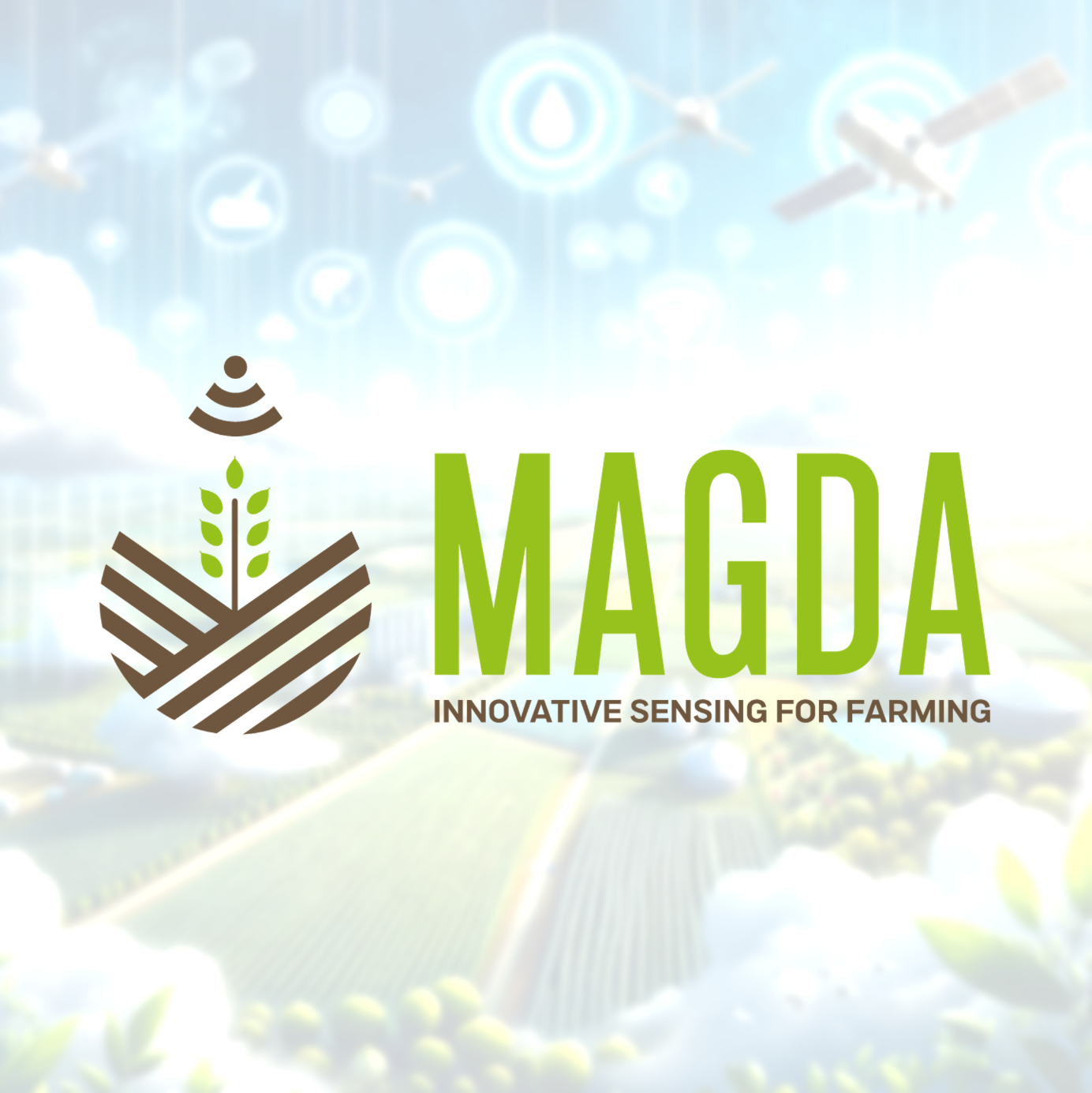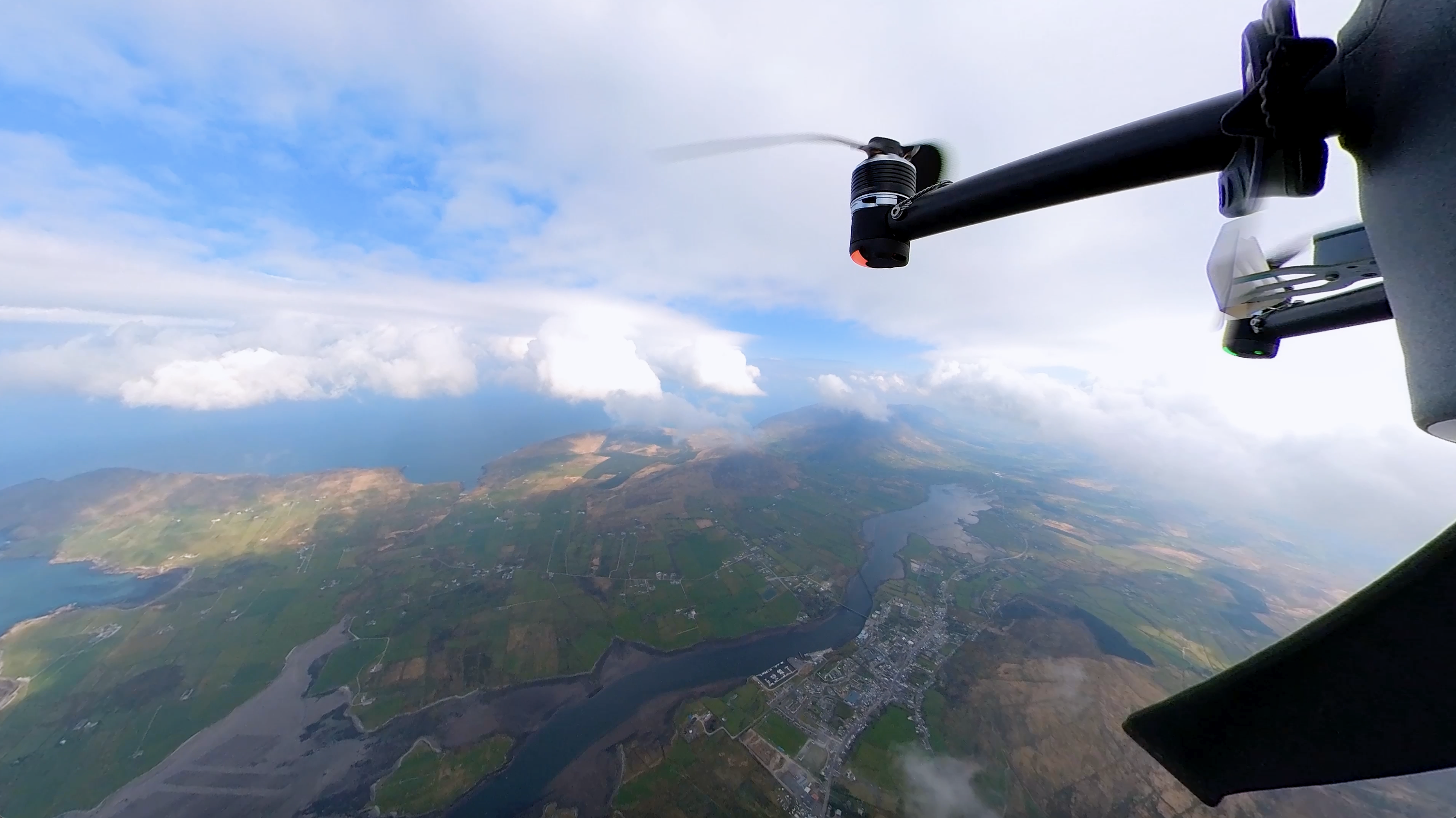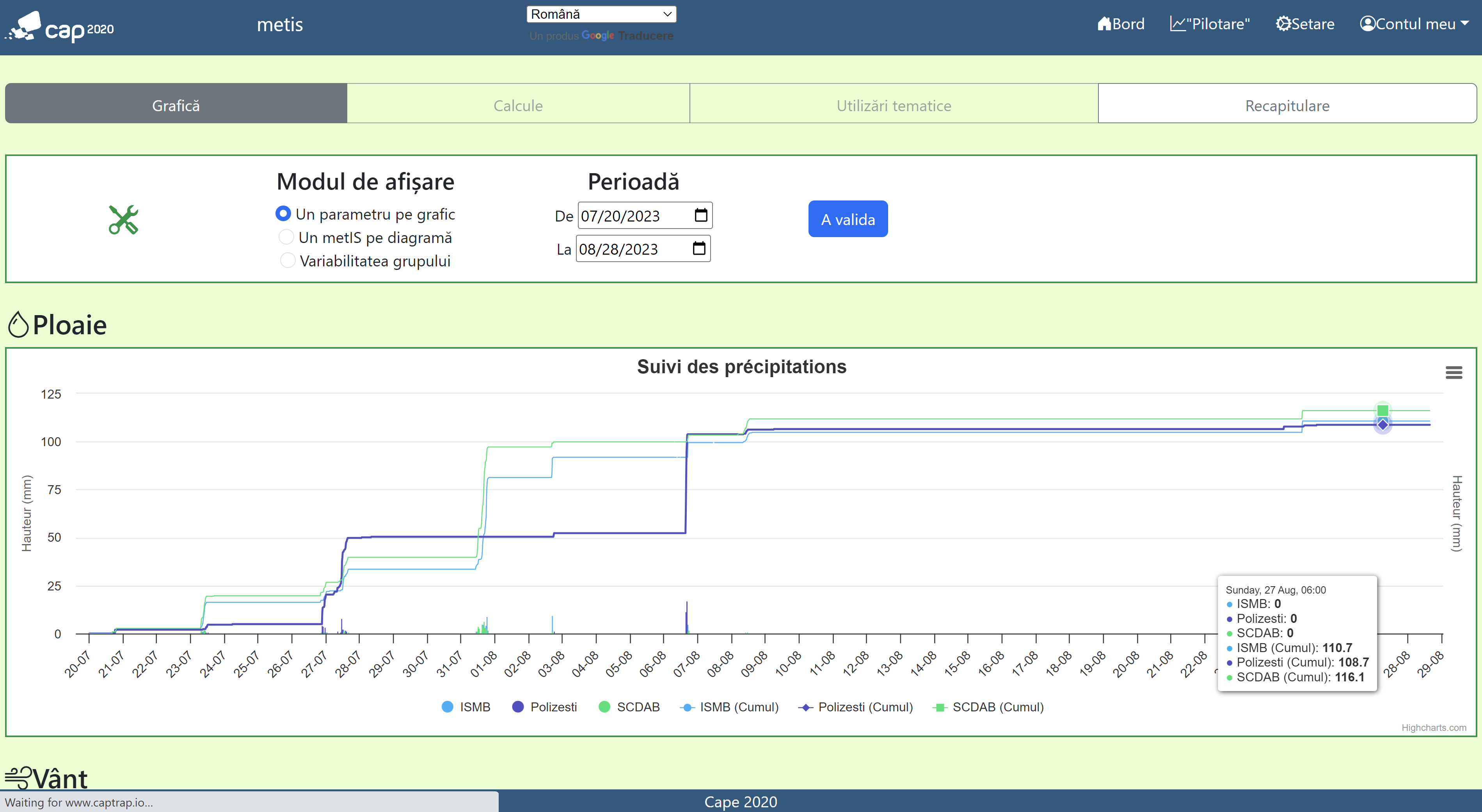
Romanian demonstration area: agroclimatic metIS sensors for continuous monitoring of cereals
Ro DA: the main pilot area of the MAGDA project where agroclimatic metIS sensors are used for continuous monitoring of water resources for cereals.
Romania is one of the three pilot areas where metIS hubs, provided by Cap 2020, were installed (Fig. 1) for monitoring summer and winter cereals in the framework of the MAGDA project. The real time agro-meteorological data will be assimilated into a numerical weather prediction model (WRF) and hydrological model (SPHY) with the aim to provide improved weather forecasts and irrigation advisory, tailored to farmer’s needs in the Braila County. Both real time agroclimatic data and MAGDA’s forecasts will be used by researchers and farmers from SCDA Braila (Agricultural Research and Development Station) for improving scheduling of irrigation and drainage activities.
Cap 2020 is developing a farm management system in the framework of MAGDA project that will integrate a wide range of agroclimatic data and hydro-climatic services for meeting the specific needs in each pilot area. In Romania, the demonstrator will be focused on the following issues related to irrigation and drainage activities:
· Improving precipitation forecast;
· Forecasting crop evapotranspiration;
· Estimating excess soil water content.
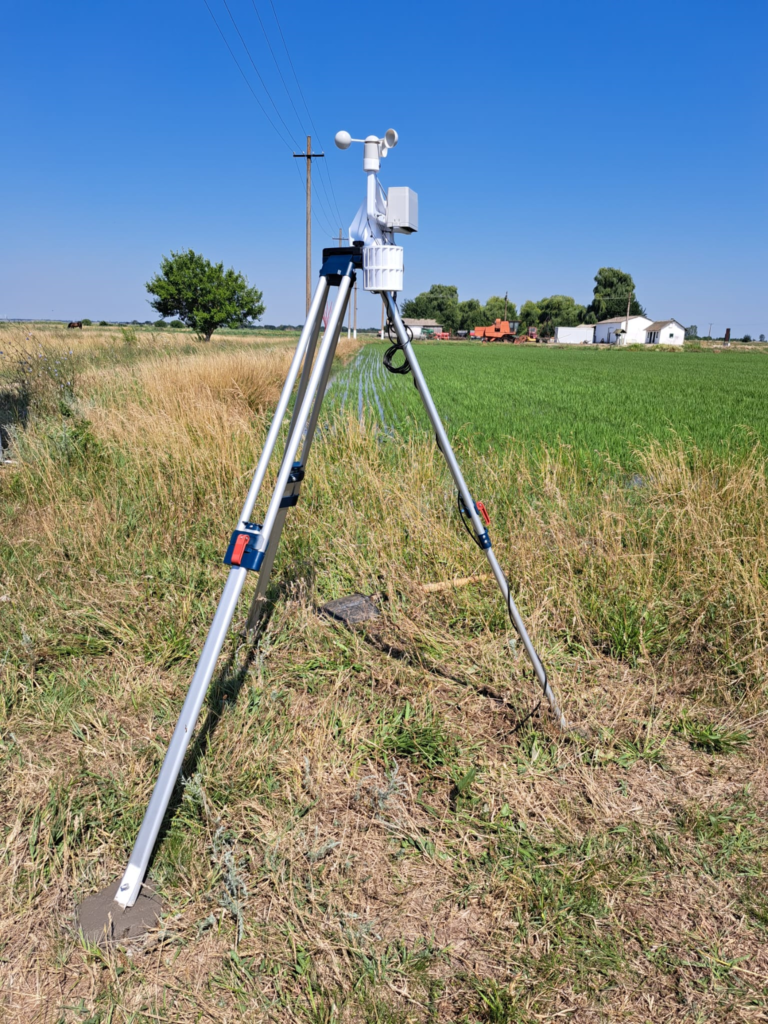
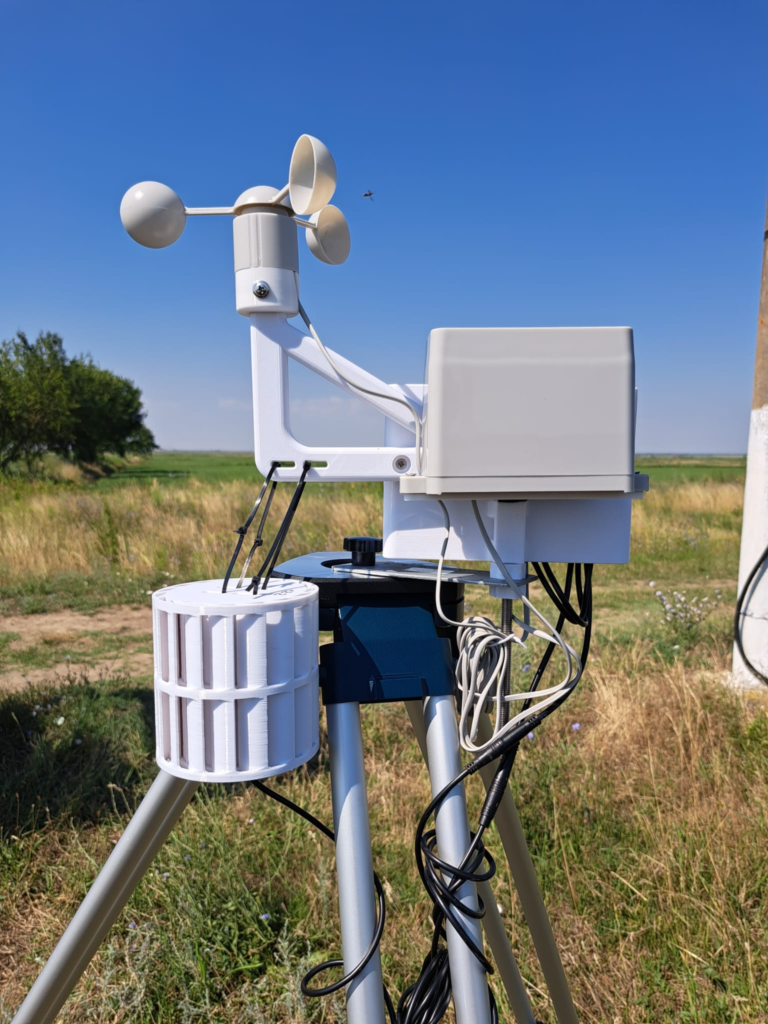
Fig. 1 Cap 2020 Hub metIS installed at Polizesti, Braila
The agroclimatic data from the metIS hub can be accessed for each demonstration area in real time (Fig.2) or for custom previous intervals in graphical or raw format.
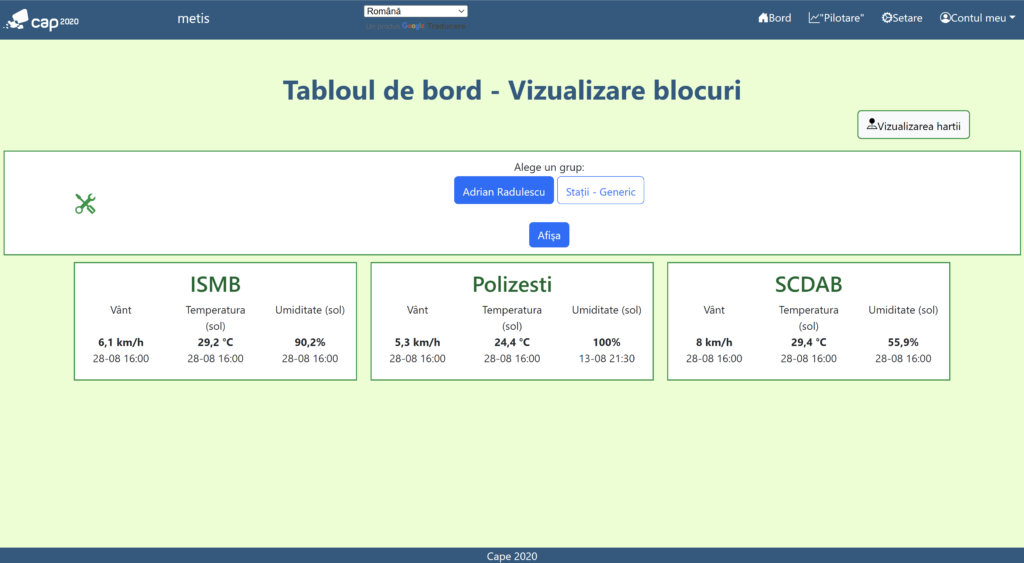
Fig.2 Cap 2020 Dashboard for real time monitoring of agroclimatic parameters
Since the installation of the metIS sensors in July, it was observed that precipitation reaches more than 100 l/m² at each of the three farms located in the Braila County. The main rainfall events have been preceded by high wind speeds (> 75 km/h), specific to local summer storms. Two heat waves with prolonged air temperature over 37°C affected the monitored area in the third 10 days period of July and August 2023 respectively. Despite the presence of heat waves in this specific area, the soil moisture conditions reveal a good replenishment of the soil reservoir from the capillary rise induced by the Danube River levels. Availability of the agro-climatic data has proved to be very useful for managing the irrigation schedule especially since the heat waves are expected to increase in frequency and intensity.
The new version of the metIS® hub allows to connect a wide variety of sensors depending the user’s individual needs. For Ro DA, a selection to monitor precipitation, wind, relative humidity, air temperature, soil air, and soil water content has been equipped, with the aim to evaluate overall water availability to crops.
Author(s): Zenaida Chitu, Alexandru Dumitrescu (Meteo Ro)
Links
http://www.captrap.io/metIS_dev/client/connexion.php
Keywords
Cereal crops, agroclimatic data, metIS, crop water consumption, soil moisture
